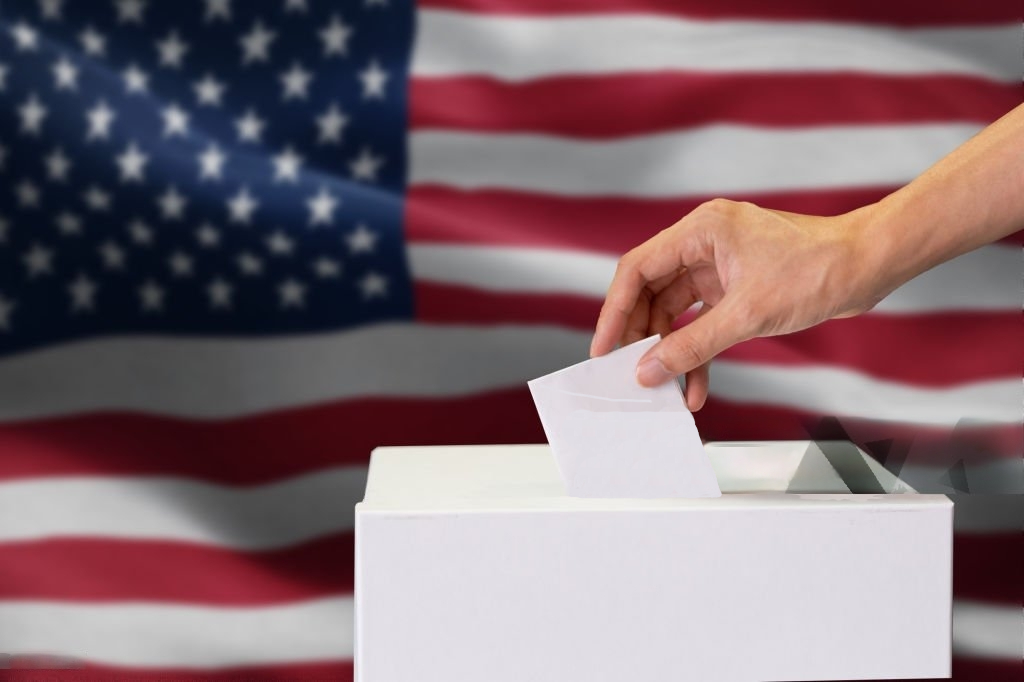The United States presidential election is one of the most consequential events in American democracy, shaping the direction of the nation for the next four years and beyond. With its complex electoral process and high-stakes implications, the presidential election garners significant attention both domestically and internationally. In this article, we delve into the intricacies of the US presidential election, examining its importance, key players, and impact on the political landscape.
The Electoral Process
The US presidential election occurs every four years on the first Tuesday after the first Monday in November. The process begins with primary elections and caucuses held in each state to determine each party’s nominee for president. These primaries and caucuses culminate in the Democratic and Republican National Conventions, where the party nominees are formally selected.
Once the party nominees are determined, the general election campaign begins, during which the candidates and their running mates campaign across the country to garner support from voters. The general election takes place on Election Day, when citizens cast their votes for president and vice president. However, the president is not directly elected by the popular vote; instead, they are chosen by the Electoral College, a group of electors appointed by each state.
Key Players
The presidential election typically features candidates from the two major political parties: the Democratic Party and the Republican Party. In addition to the party nominees, third-party candidates may also run for president, although they often face significant challenges in gaining widespread support and securing electoral votes.
The presidential candidates are supported by their respective political parties, as well as by campaign staff, volunteers, and donors who contribute to their fundraising efforts. The candidates engage in debates, rallies, and media appearances to communicate their policy positions and persuade voters to support their candidacy.
The Impact
The outcome of the US presidential election has far-reaching consequences for the nation and the world. The president wields significant executive power, including authority over domestic and foreign policy, the military, and the economy. The president’s agenda and priorities shape legislation and government policies, influencing issues such as healthcare, immigration, climate change, and national security.
Moreover, the president’s leadership sets the tone for political discourse and governance in the United States. Their decisions and actions impact the lives of millions of Americans and have implications for global affairs. As such, the US presidential election is closely watched by both domestic and international observers, who recognize its significance in shaping the future trajectory of the nation.
Conclusion
The US presidential election is a critical moment in American democracy, marking the culmination of a rigorous electoral process that determines the nation’s leadership for the next four years. With its profound impact on policy, governance, and global affairs, the presidential election shapes the course of the nation and reflects the collective will of the American people. As voters participate in the democratic process, they exercise their fundamental right to choose their leaders and shape the future of their country.
